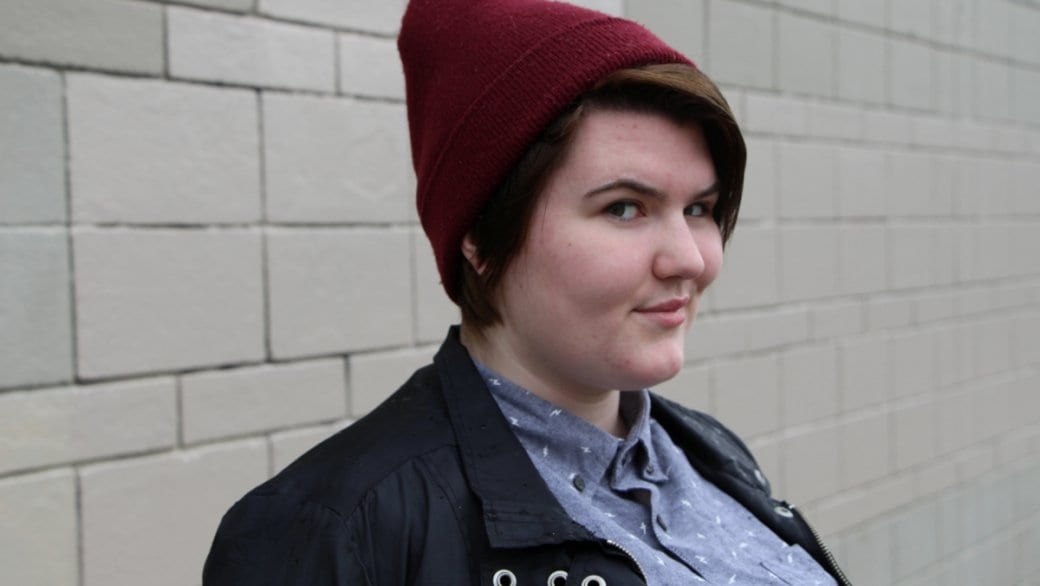After missing the deadline to protect LGBT students in schools across BC, the Abbotsford school district has now passed a policy that is raising concern with one of Vancouver’s longtime gay-education activists.
BC’s ministry of education ordered all school boards to explicitly add sexual orientation and gender identity (SOGI) language to their codes of conduct by Dec 31, 2016. The Abbotsford school board was scheduled to meet about the SOGI policy on Nov 1 2016, the same day 13-year-old Letisha Reimer was fatally stabbed at Abbotsford Senior Secondary school.
Shirley Wilson, chair of Abbotsford’s board of trustees, maintains the school board was always in compliance with the ministerial order because the code of conduct had a link to the BC Human Rights Code.
“It was never out of compliance, we just took the extra step to completely add all of the language from the Human Rights Code,” she says. The board also decided to create an administrative procedure to help guide schools, she adds.
James Chamberlain, a Vancouver vice-principal who has been pushing for LGBT-friendly schools for 20 years, says Abbotsford’s record of supporting its queer students has been questionable. He points to the school board’s decision in 2008 to withdraw a Social Justice 12 elective course after parents complained about the content.
“They wanted the LGBTQ portion of Social Justice 12 removed,” Chamberlain says. “They didn’t even want to run it as an elective in their schools unless they could brand it in their own way, which basically flew in the face of the provincial curriculum — and it still does.”
After students protested the withdrawal, the school district relented and decided to offer the course but only with parental consent.
Chamberlain, who went to school in Abbotsford, says the district’s current policy and administrative procedure pale in comparison to policies passed by other districts.
“Other policies lay out that there need to be safe contacts in schools, [that] the board explicitly supports the formation of gay-straight alliance clubs, that counsellors will be trained on LGBTQ issues, that they’ll examine school libraries from an anti-bias lens around materials that would be deemed homophobic or transphobic or outdated. None of those things are in this policy.”
Chamberlain says the policy doesn’t mention parent and teacher education which he calls a “glaring omission.”
“The education of parents is huge in a very conservative school district like Abbotsford.” Chamberlain notes. “The faith-based beliefs of some families will butt up against the equal rights of LGBTQ people. The human rights protection is one thing but changing people’s hearts and minds is about education.”
But Wilson says the school board has met the ministry’s requirements.
“There was no requirement to do anything other than change the policy,” she says. “We took the extra step to add the AP [administrative procedure].”
Chamberlain contends that the policy and administrative procedure don’t give explicit support to teachers to teach about LGBTQ issues, either. “Unless teachers have the permission to teach in conservative districts, they’re often fearful,” he notes.
“The status quo, which is basically silence or omission in Abbotsford, can continue,” he says.
Wilson says the school board is working to ensure that no student feels isolated in Abbotsford schools. “We care about each student individually and their success,” she says.
Caleb Boulter, who left WJ Mouat Secondary School after Grade 10, thinks the new SOGI language will help LGBT students in Abbotsford schools.
“If there had been a policy when I was in Grade 9 or 10 at Mouat, it would have basically saved my life,” Boulter says, adding that access to a gender-neutral washroom would have helped a lot.
“At that point, gender-neutral washrooms weren’t even something I was thinking about let alone fighting for because I was closeted,” Boulter explains. “I ended up missing a whole bunch of school in my Grade 10 year because of how uncomfortable I felt there.”
Boulter says the new policy is a good sign but there is much to be done for queer students in Abbotsford.
“Do training with teachers,” Boulter urges. “Listen to what the students actually need. Hear their voices, their perspectives, their stories in the school district and prevent further damage, as well as giving queer students a step up in coming out and being in a safe environment in school.”

 Why you can trust Xtra
Why you can trust Xtra


